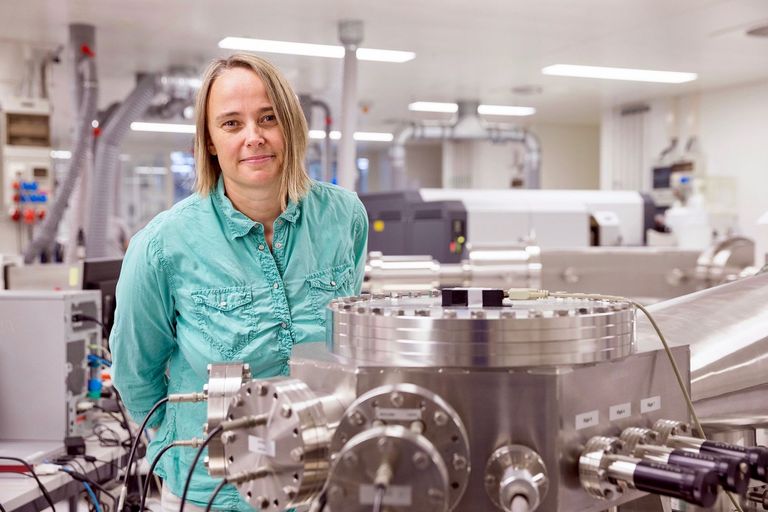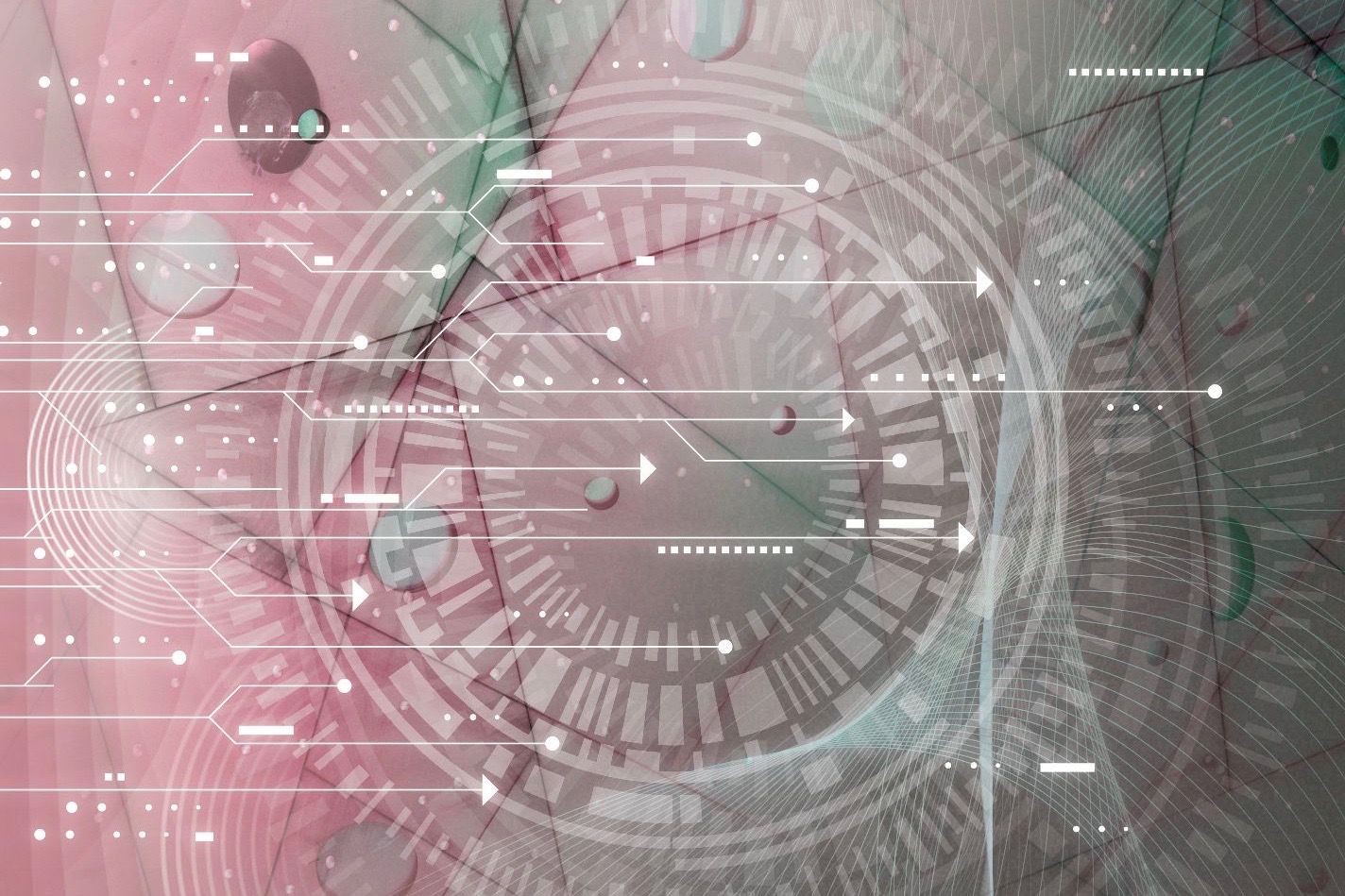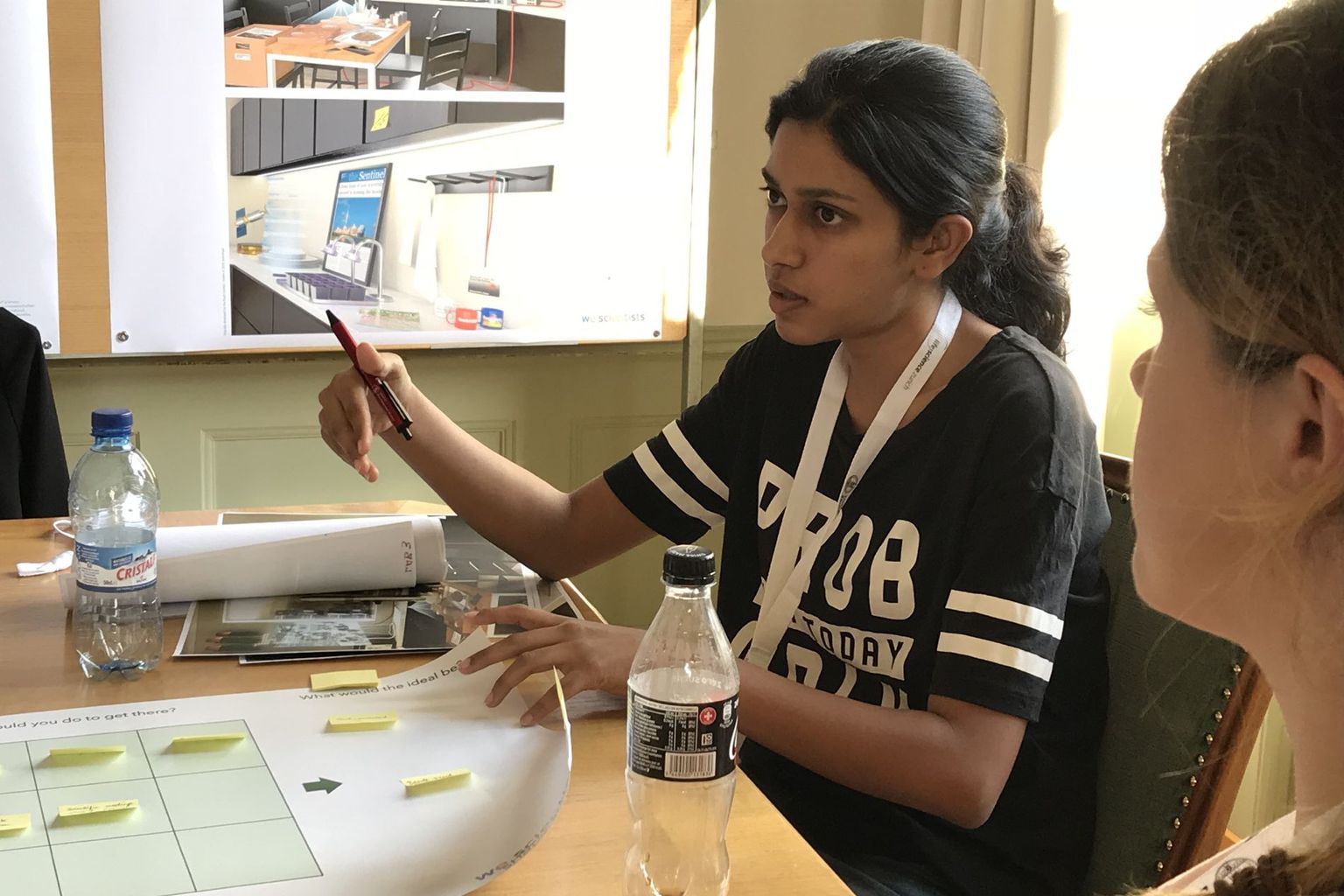Research culture
Today's research culture has many problematic aspects and requires in-depth transformation. SCNAT is committed to a general framework that promotes creative and solid research, as well as open exchange of information. It raises awareness of the ethical responsibility of science and draws up guidelines for scientific work and its use.
Research culture is a broad term. SCNAT interprets it as the diversely influenced environment and its general framework, which guides and shapes the scientific activities and cooperation of researchers. A modern research culture is a necessary precondition for Switzerland to remain an attractive hub for research and knowledge and for science to finally assume its social responsibility.
Open and transparent science
SCNAT welcomes efforts to make scientific data, methods, results and publications freely accessible. It is committed to ensuring that research results are presented, so as to be comprehensible to the broader public. SCNAT also supports initiatives to provide the public with insights into the development of scientific results or let them participate in this process themselves.
Science evaluation
SCNAT advocates a more differentiated assessment of scientific performance that goes beyond the current quantitative metrics. It supports the introduction of supplementary qualitative and societally relevant criteria. It especially considers the commitment to the dialogue with society to be an important assessment criterion.
Engagements of SCNAT
Contact
Swiss Academy of Sciences (SCNAT)
House of Academies
PO Box
3001 Bern
Switzerland
News
“There must be some reward for sharing research data”
Publicly accessible research data (Open Research Data, or ORD) should make academic findings more transparent and easier to reproduce. Also, further use can be made of the data to study new questions or to train AI. Experts discussed where Switzerland stands in terms of ORD at an SCNAT symposium.
Image: David JezdimirovicLeitfaden für eine geschlechtergerechte Sprache
Mit gendergerechten Formulierungen werden Männer und Frauen gleichermassen und explizit genannt. Damit treten beide in Erscheinung und rücken ins Bewusstsein. Aus diesem Grund werden alle durch die SCNAT veröffentlichten Texte gendergerecht formuliert und redigiert.
Gender Equality Plan der Akademie der Naturwissenschaften Schweiz
Mit dem vorliegenden Gender Equality Plan (GEP) bekräftigt die SCNAT ihr Engagement für die Gleichstellung im Allgemeinen und für die Gleichstellung der Geschlechter im Besonderen. Der GEP legt die Grundsätze des Engagements der SCNAT sowie Massnahmen zur Umsetzung und Monitoring fest. Er ist vom strategischen Führungsorgan der SCNAT, dem Vorstand, verabschiedet und wird laufend weiterentwickelt.

Frauen in der Wissenschaft
Frauen machen die Hälfte der Masterabschlüsse an Schweizer Hochschulen. Auf Professurstufe finden sich gerade mal noch ein Viertel Frauen. Die Akademien der Wissenschaften Schweiz engagieren sich für eine bessere Gender-Balance in Bildung, Forschung und Innovation und machen mit regelmässigen Veranstaltungen auf das Thema aufmerksam.







